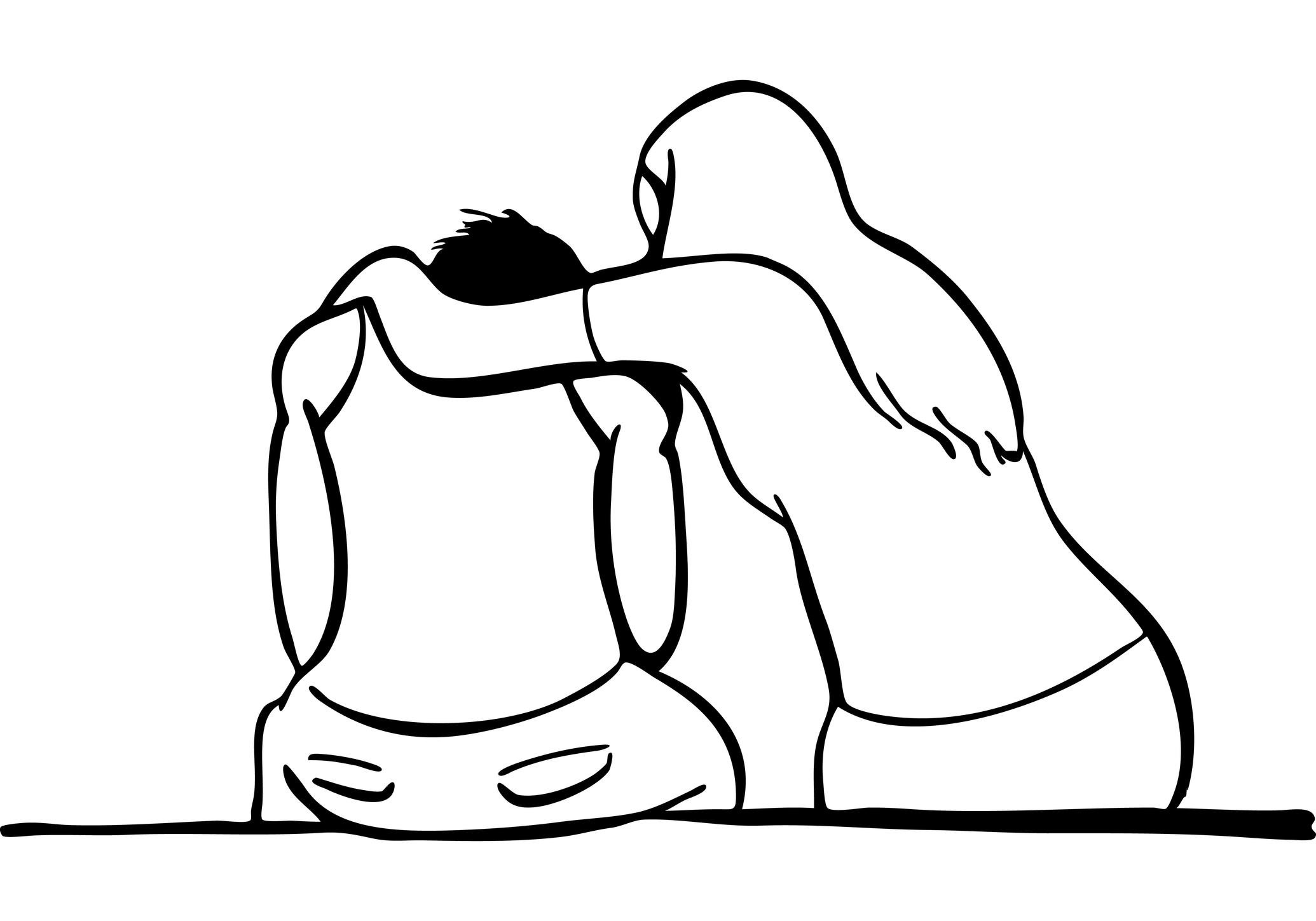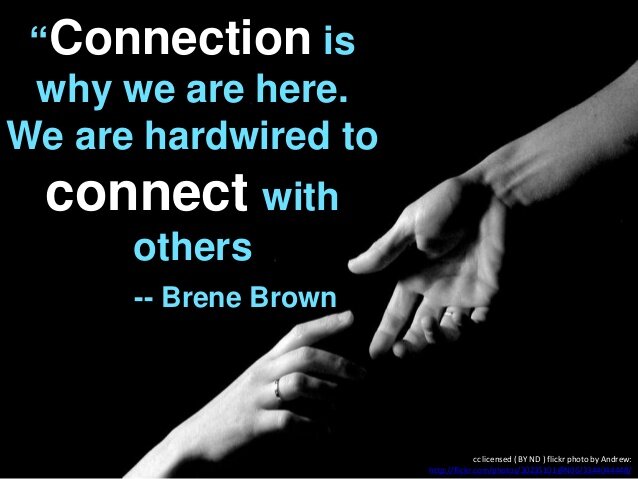Mental ill health can show up early in life. There will be reasons that are out of our control, however, there is also a lot we can do to help.
The sooner we understand what kind of support is needed and available, the better chances our children have for a healthy and good life.
In today's fast-paced world, the well-being of our children should be at the forefront of our concerns. As parents, caregivers, and educators, we strive to provide them with the best opportunities for growth and development.
The link between mental and physical health
Mental and physical health are unavoidably linked and together, they form the basis of a child's overall well-being. When we talk about mental health, we're referring to mental ill health as well as emotional resilience, coping skills, and a positive self-image. Likewise, physical health is more than just physical fitness; it includes nutrition, sleep and general wellness.
For children, maintaining a balance between these two parts is crucial. Physical health supports mental well-being, as regular exercise and a balanced diet can improve mood and cognitive functioning. At the same time, mental health supports physical health by developing healthy habits, reducing stress and strengthening the immune system.
Screen time and its impact
The digital era has launched a variety of screens into our children's lives. While screens offer educational and recreational opportunities, excessive screen time can have a detrimental effect. It can contribute to physical health issues such as obesity, neck and back problems as well as disrupted sleep patterns. It can also affect social development and hinder the development of crucial life skills.
Parents must play a central role in managing screen time. There is no easy way around this. Setting boundaries and encouraging children to engage in age-appropriate, educational content can help strike a balance. Additionally, being actively involved in your children's screen time activities creates a sense of connection and provides opportunities for discussion and guidance. Children like it when parents know what they play and watch.
The power of being present
Parental presence is not just about being there physically; it's about emotional availability and engagement. Attachment theory* explains that a secure emotional bond between children and caregivers is fundamental for healthy development throughout life. These bonds ensure that a child feels safe to explore the world, form relationships, and develop a strong sense of self.
When parents are present both physically and emotionally, a child will feel secure in expressing their feelings, thoughts and concerns. This emotional connection is a protective factor and helps children cope with stress and adversity and increases their self-esteem and resilience.
Dealing with rejection and building resilience
Rejection is a part of life that is hard to avoid, even in childhood. It can come in many forms – not being picked for a team, difficulty making friends or facing academic challenges. How children handle rejection profoundly impacts their mental health and social skills.
Parents can help children deal with rejection by validating their feelings, teaching coping strategies and encouraging perseverance. A strong attachment to the parent or caregiver provides a secure foundation for children to draw strength and resilience from when facing difficult situations.
Developing social skills and connection
Social skills are essential for building and maintaining healthy relationships. Children need to learn how to communicate effectively, resolve conflicts and empathise with others. These skills are best developed through real-world interactions and connections.
Parents can teach social skills by ensuring their children engage with friends or family, both in structured and unstructured settings. Encourage playdates, group activities and open-ended conversations about friendships and emotions. Teach the value of kindness, empathy and how to listen.
The importance of real-life meetings
In our digitally connected world, genuine, face-to-face connections are more critical than ever. While online interactions have their place, they cannot fully replace the importance of in-person connections.
Parents should prioritise family time and ensure they have meaningful conversations. Quality over quantity is key. Engage in activities that promote bonding, such as family meals, outings and shared hobbies. These moments not only strengthen the parent-child bond but also healthy interpersonal relationships.
The development of children's mental and physical health depends on a balance of various interconnected factors. Screen time, parental presence, attachment, rejection, social skills and meaningful connections all play integral roles in shaping a child's well-being. As parents, our aim should be to create an environment that nurtures not only their bodies but also their hearts and minds. By doing so, we equip them with the tools they need to navigate life's challenges and create connections that will enhance their lives.
This takes effort and time, however, when our children leave the nest and fly away, confident and able to cope with life’s ups and downs, pat yourself on the back!
We never stop being their parents and for that, I am forever grateful.
*https://en.wikipedia.org/wiki/Attachment_theory





















